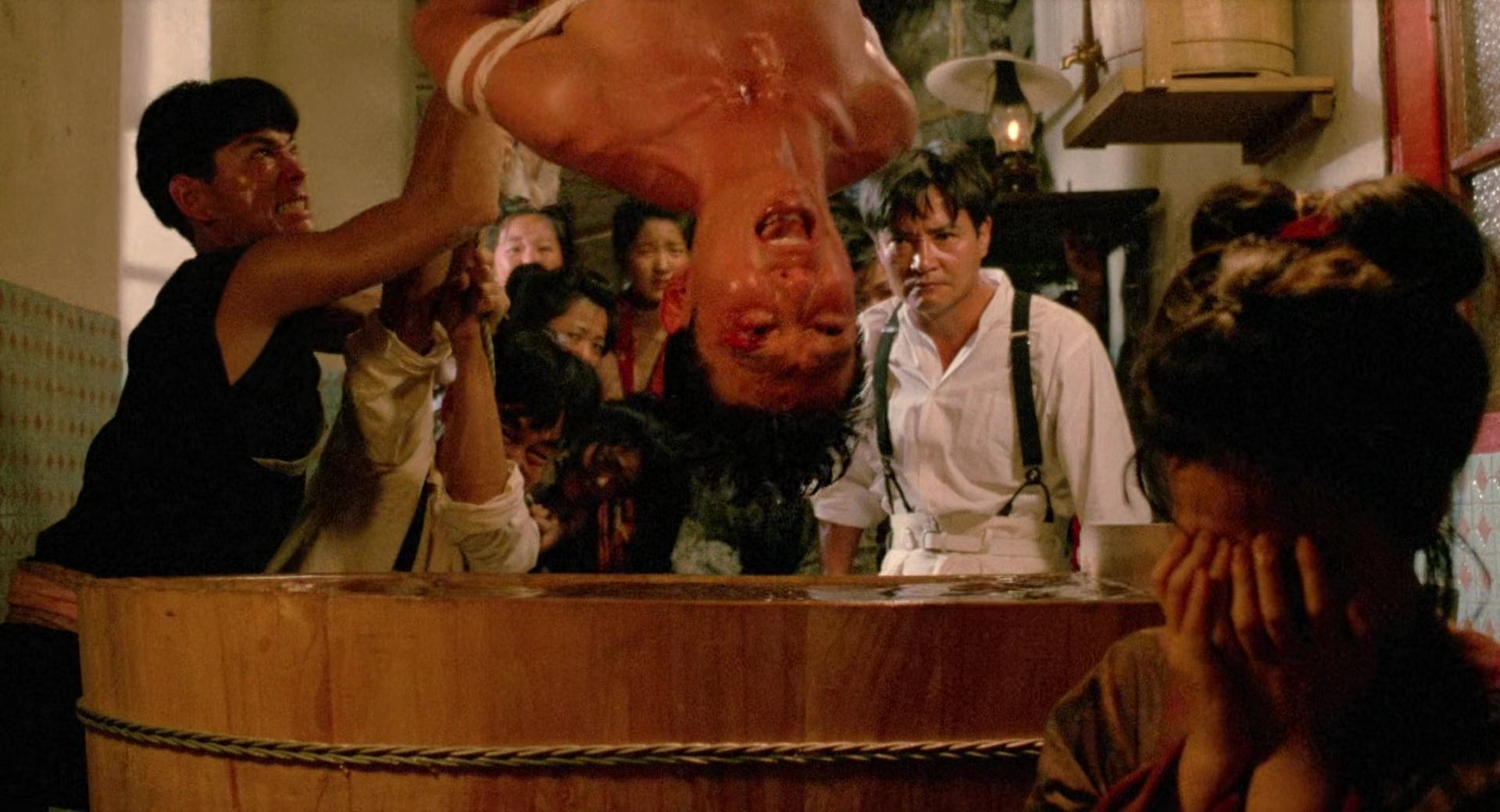While marked as a comedy, Zegen isn’t the kind of film that would make you laugh freely– it is, after all, a film that mocks the real-life sex trafficking of impoverished Japanese women during both world wars. This makes it a challenging film to watch, especially to viewers outside the country. But to Shohei Imamura’s credit, the butt of the joke isn’t on the women being sold, but rather, on the titular pimp Iheiji Muraoka, the delusions and lies he told himself and others, and the twisted nationalism he uses to exploit his ladies. Zegen is based on Muraoka’s supposedly true autobiography, but Imamura uses the text to mirror the follies (and consequences) of imperialism.
Synopsis
At the time between the World Wars, Japan is involved in empire-building throughout East and Southeast Asia. After a brief career as a low-level military adventurer, Iheiji sets up chains of brothels throughout Asia. As Japan's power in the region grows, so does Iheiji's prosperity and patriotism.
Storyline
Southeast Asia, early 1900s. While Japan expands its empire throughout the region, Japanese castaway Iheiji Muraoka hopes to become a simple Hong Kong shopkeeper, but ends up setting up chains of brothels all throughout Asia, mixing fervent patriotism with greed.
TLDR
I’m actually surprised Japan submitted this for the Best Foreign Language Film at the 60th Academy Awards.
What stands out
The subject matter. I don’t think I need to explain this.





